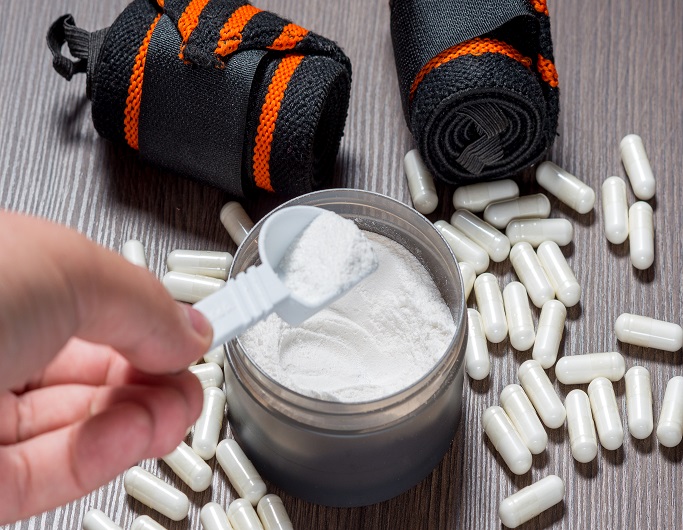
The Side Effects Of Soy Protein
Soy protein is an extremely healthy, low fat and dairy-free protein source. This makes soy protein an excellent choice for those following a vegetarian or vegan diet and for those who suffer from lactose intolerance. Taking soy protein is generally considered safe for most people when used for short periods of up to six months. This does not mean that you won’t experience any symptoms from taking soy protein and introducing anything new into your diet should be done with care and moderation.
The most common side effects of soy protein include constipation, bloating, and nausea. These are mild and usually due to the introduction of something new into your diet. Taking soy protein can also cause allergic reactions involving rash and itching in some people. If you suffer from asthma or hay fever you are more likely to be allergic to soy and should consider checking with your doctor before using soy products
Soy Proteins, Pregnancy and Medication
It is always sensible to discuss changes to your diet, including the introduction of supplements such as soy protein, with your doctor. This is particularly true if you take antibiotics, warfarin or are pregnant or breastfeeding.
- Taking soy protein is considered safe during pregnancy and breast feeding but you should avoid high doses.
- Antibiotics could reduce the effectiveness of any soy protein supplements you are taking. The effectiveness of soy is improved by friendly bacteria. Antibiotics are used to reduce the amount of harmful bacteria in the body but can also decrease the amount of friendly bacteria in the gut.
- Soy protein could decrease the effectiveness of Warfarin which is used to slow blood clotting. It’s unclear why this occurs so you should have regular blood tests and discuss your warfarin and soy doses with your doctor.
Effects of Soy Protein for Men
Much has been written about the feminising effects of soy protein on men. Soy contains isoflavones, a plant oestrogen that is similar to the oestrogen that humans produce. It is these isoflavones that give soy its cancer-prevention properties. But researchers have expressed concern that the oestrogens in soy protein may affect the hormone levels in men. This could result in lowered sperm count, erectile dysfunction, decreased libido or even breast growth in men. However, studies have shown that moderate consumption of soyprotein does not significantly affect hormone levels. High consumption of soy protein, equivalent to over three litres of soy milk a day, could though lead to hormonal changes so best to take soy protein in moderation.
Long Term Use of Soy Protein
It is possible that long term use of soy protein may aggravate some pre-existing conditions. If you suffer from an under-active thyroid the use of soy protein may make the condition worse. An underactive thyroid can contribute to mood swings, insomnia, difficulty in losing weight and some digestive difficulties.
Soy protein products contain large amounts of the chemical group oxalates, the main ingredient of kidney stones. Taking soy protein could therefore increase the risk of kidney stones. People with serious kidney disease may not be able to process some of the chemicals in soy protein which can lead to high levels of these chemicals. If you have kidney disease or a history of kidney stones, avoid taking large amounts of soy protein.






No Comments yet!